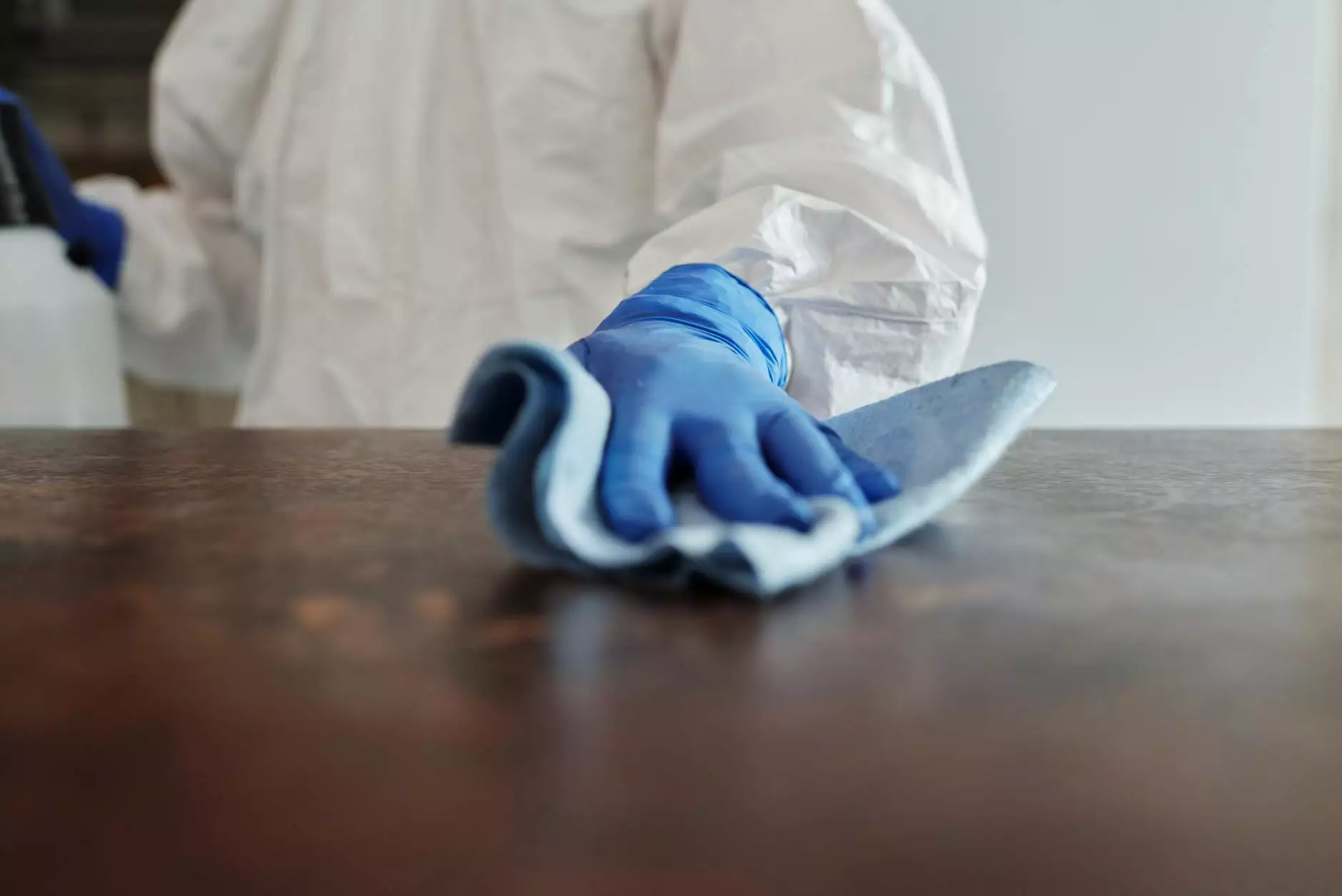Is Charcoal Toothpaste Safe For My Teeth?
Blog
The Benefits of Charcoal Toothpaste
Charcoal toothpaste has gained significant popularity in recent years as a natural alternative to conventional toothpaste. Many people believe that it can help whiten their teeth and improve oral health. While the efficacy of charcoal toothpaste is still a subject of debate among dental professionals, there are several potential benefits associated with its use.
- Teeth Whitening: Charcoal toothpaste contains activated charcoal, which has a porous surface that can effectively bind to stains on the teeth. This may help remove surface stains and gradually lighten the tooth color.
- Antibacterial Properties: Some studies suggest that charcoal toothpaste may possess antibacterial properties that can help combat harmful bacteria in the mouth. This can contribute to fresher breath and improved oral hygiene.
- Gentle Abrasive Action: Charcoal toothpaste is generally less abrasive compared to traditional toothpaste, making it a potentially suitable option for individuals with sensitive teeth or gums.
- Natural Ingredients: Many charcoal toothpaste brands use natural ingredients and do not contain artificial additives, such as fluoride or sodium lauryl sulfate.
The Risks of Charcoal Toothpaste
While charcoal toothpaste offers potential benefits, it's important to consider the associated risks and limitations.
- Tooth Sensitivity: Charcoal toothpaste may have a mild abrasive effect, and excessive use or aggressive brushing techniques can lead to tooth sensitivity or enamel erosion. It is recommended to use charcoal toothpaste in moderation and consult with a dentist if you experience any sensitivity.
- Ineffectiveness Against Cavities: Charcoal toothpaste may not provide the same level of protection against cavities as products containing fluoride. Fluoride is a key ingredient in most conventional toothpaste formulations and helps strengthen tooth enamel.
- Lack of Scientific Evidence: While anecdotal evidence and testimonials support the benefits of charcoal toothpaste, there is a lack of comprehensive scientific studies confirming its efficacy. Dentists recommend using charcoal toothpaste as a supplement to regular oral hygiene practices rather than a replacement.
Recommended Usage and Tips
To safely incorporate charcoal toothpaste into your oral care routine, follow these guidelines:
- Consult Your Dentist: Talk to your dentist to determine if charcoal toothpaste is suitable for your oral health needs. They can provide personalized recommendations based on your specific circumstances.
- Use in Moderation: Charcoal toothpaste should be used in moderation to avoid potential side effects. Consider alternating it with a fluoride-based toothpaste to ensure comprehensive oral care.
- Brush Gently: Apply gentle pressure while brushing with charcoal toothpaste to prevent enamel erosion and gum irritation. Avoid aggressive scrubbing or using excessive force.
- Follow Regular Oral Hygiene Practices: Charcoal toothpaste should not replace regular brushing, flossing, and routine dental visits. Incorporate it into your existing oral care routine for best results.
At Dante Colosimo, DDS, we strive to provide our patients with reliable information to make informed decisions about their oral health. Our team of experienced dental professionals can help address any concerns you may have regarding charcoal toothpaste and its safety for your teeth.
Conclusion
Charcoal toothpaste offers potential benefits such as teeth whitening, antibacterial properties, gentle abrasive action, and natural ingredients. However, it is essential to be mindful of the risks associated with overuse, tooth sensitivity, and lack of scientific evidence supporting its efficacy. To ensure the safety and effectiveness of charcoal toothpaste, it is recommended to consult with a dentist and follow usage guidelines. Dante Colosimo, DDS is dedicated to providing high-quality dental services and expert advice on oral care products. Feel free to reach out to our professional team for any further questions or concerns.










